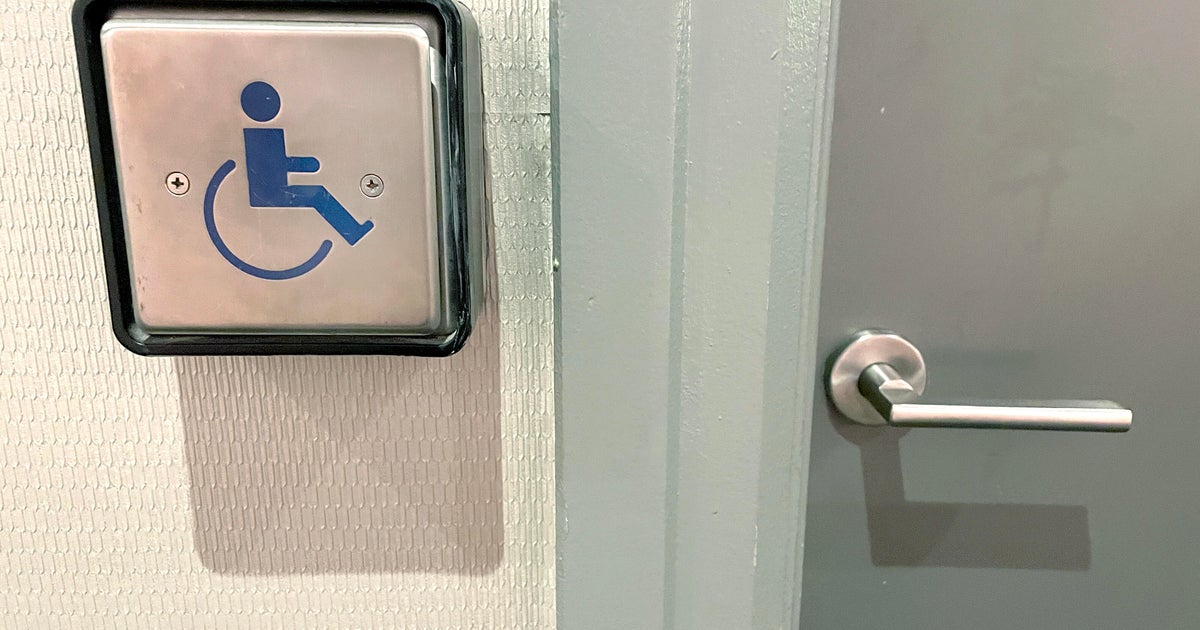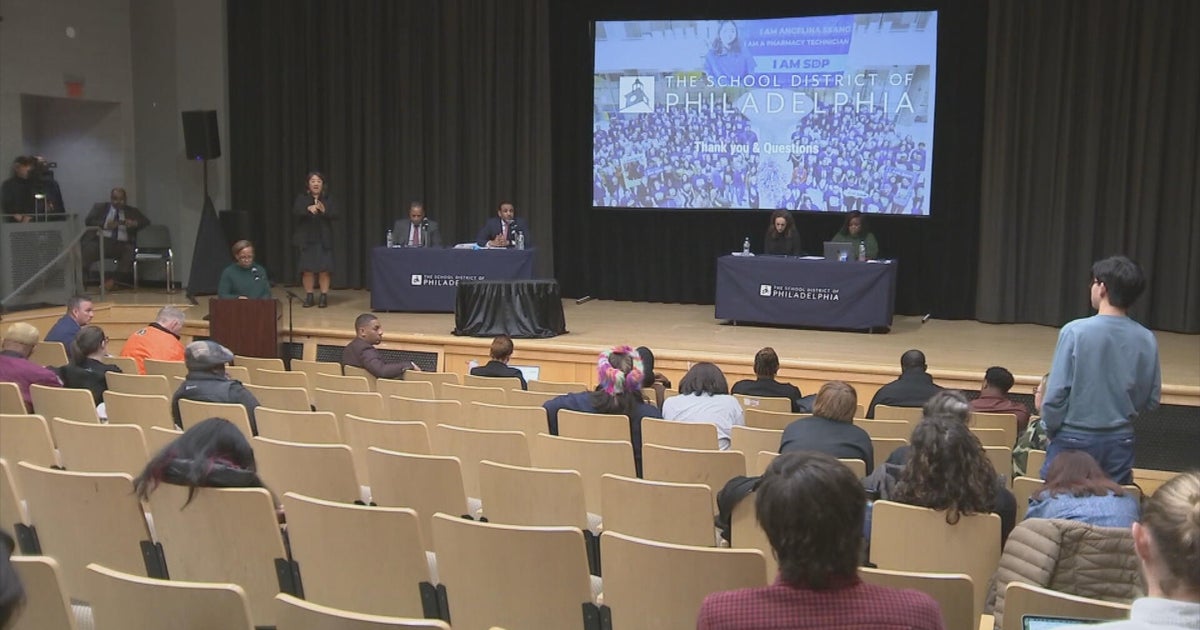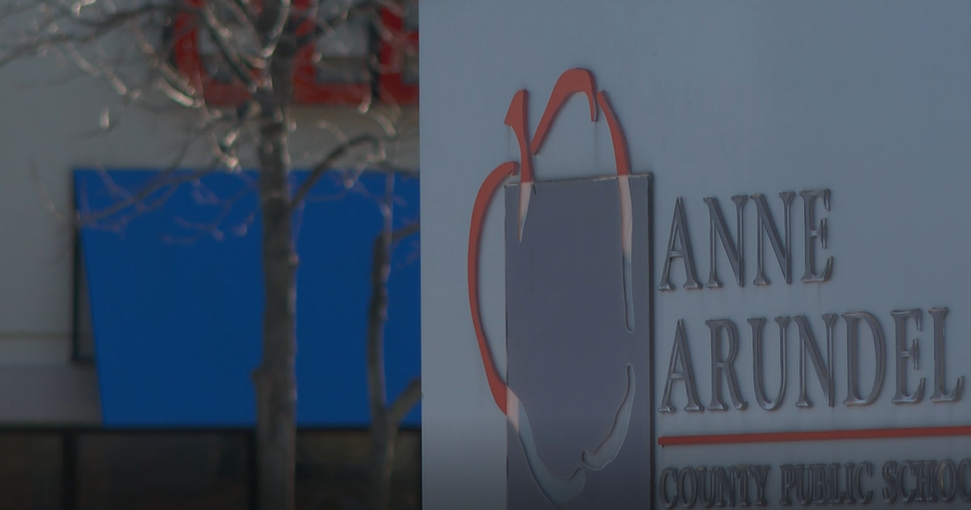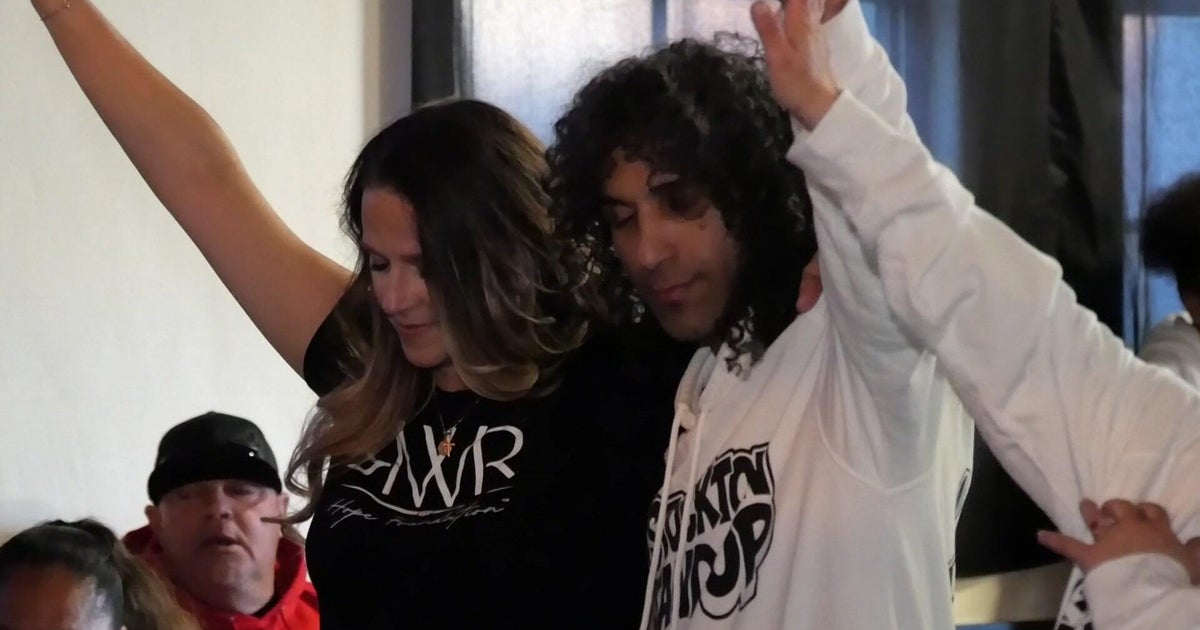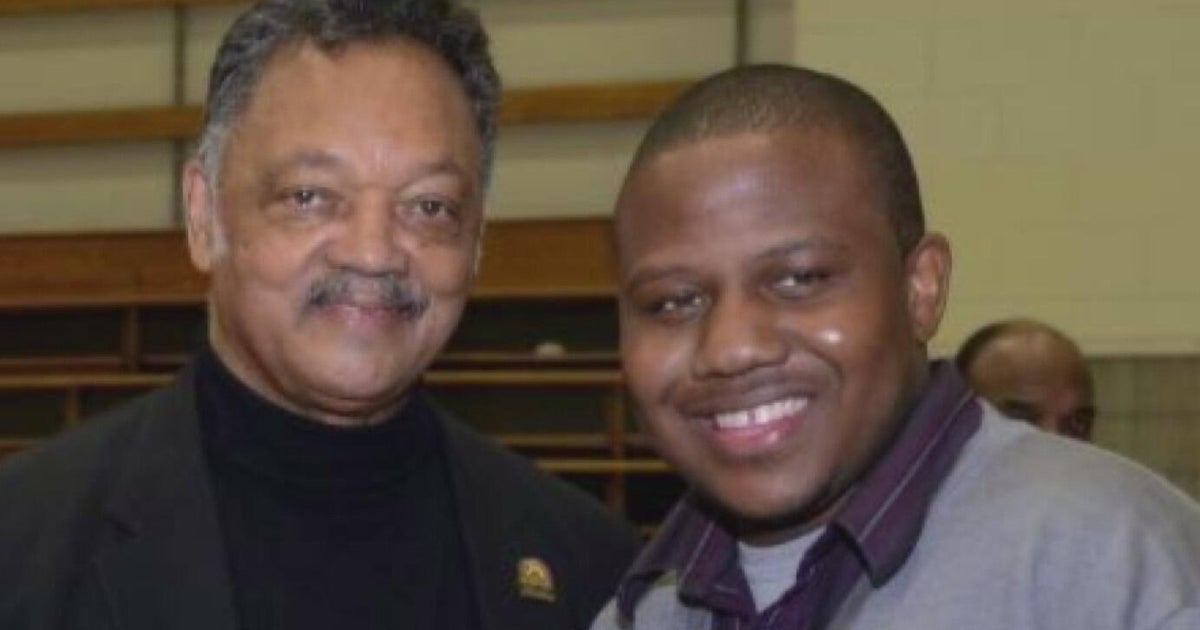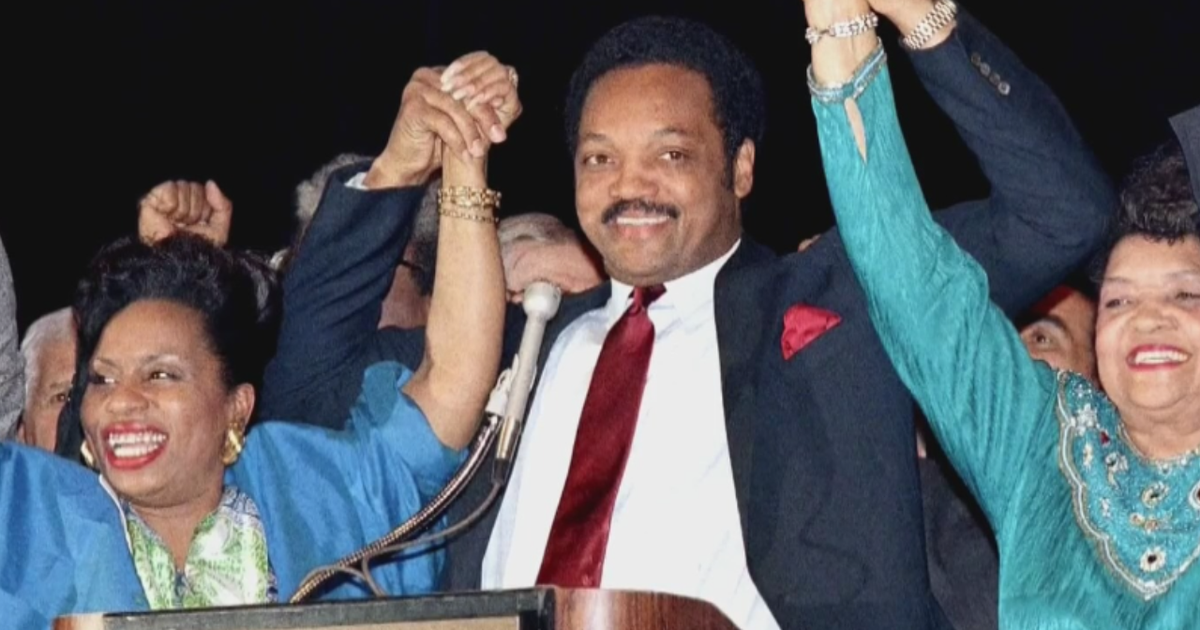Dayton Pitches Tax, Spending Plans In Duluth
DULUTH, Minn. (AP) — Gov. Mark Dayton went on the road Wednesday to sell his tax and spending proposals in Duluth, meeting a mostly friendly audience but also finding critics for his plan to raise taxes on the wealthy and smokers and his support for expanded background checks for guns.
A standing-room-only crowd of about 150 people packed Duluth's Public Safety Building to see the first of four meetings around the state that the Democratic governor is using to push state lawmakers to adopt his two-year budget proposal. Earlier in the day, Senate Democrats released their own budget framework that's similar to what Dayton proposed, but with a handful of differences.
Much of the 90-minute meeting in Duluth revolved around aspects of Dayton's budget proposal but also ranged wider to take in guns, a planned high-speed train connecting Duluth to the Twin Cities, health care issues and efforts to rebuild St. Louis County infrastructure after last summer's floods.
Duluth is friendly territory for Democrats, and Dayton throughout his political career has built strong ties to northern Minnesota's politically influential labor unions. Many in the crowd wore shirts and buttons showing their union allegiance, and applauded when the governor said schools need more money, the minimum wage should be higher and particularly that the rich should pay more taxes.
"I don't want to raise taxes on middle income Minnesotans," Dayton said, saying that's how critics have tried to portray his proposals. "You pay a higher percentage of your taxes than the wealthier people in the state, which is why I think they're more than capable of paying their fair share. My proposal is to raise taxes 2 percent on the wealthiest 2 percent of the state. It's just on the wealthiest 2 percent."
But Paul King, who owns a Duluth recycling business, clashed with the governor on that point.
"Have you thought maybe we've already paid our fair share?" King said. "Why don't you just take that idea and put it aside, because it's a bad idea. Because the wealthy are doing all the work."
King's last remark drew hoots and some boos from the crowd, which Dayton discouraged. The business owner also criticized a proposed minimum wage hike at the Legislature, saying it would make it more difficult for budding entrepreneurs to start new small businesses.
While Dayton found a lot of sympathy for his economic proposals, he was more on the defensive when guns came up. While a bill to require universal background checks on all gun sales is stalled at the Capitol, Dayton said he would support a scaled-back bill that would extend background checks to sales of weapons at gun shows.
"For me, requiring background checks at gun show is not onerous," Dayton said. He took on the fears of gun rights activists that such checks could eventually lead to registration of guns, and even confiscation.
"Nobody's going to confiscate your guns. I give you my word," Dayton said, to audible mutters of disbelief from the audience. "I put every dollar I have on the table. No one's going to confiscate anyone's guns. It's such a bogus issue."
Dayton also faced tough questions about his proposal to raise the state's cigarette tax by almost a dollar a pack. Cathy Letourneau, who with her husband owns five Duluth-area convenience stores, said it would be a boon for black market cigarettes.
"You're not going to raise the money you think you're going to raise," Letourneau said.
But Patti Maguire, a Duluth-based anti-smoking activist, said Dayton should raise cigarette taxes even higher. "I think $1.50 a pack," said Maguire, who wore a button that read, "$554" — the amount she said every Minnesotans pays in taxes every year to cover health costs tied to smoking.
Dayton noted that he was reluctant to propose a cigarette tax hike but that advisers convinced him it would be an incentive for people to quit smoking or not to start in the first place.
Back at the Capitol, Senate Democrats offered their blueprint for a two-year, $38 billion budget — the last of three plans to be unveiled after Dayton, and House Democrats. They want to spend more than Dayton recommended for all-day kindergarten programs and would substitute state money for some locally approved education levies. They said that would lift pressure on local property taxes, also a major topic of discussion at Dayton's meeting.
The governor's three remaining meetings on his tour will be held in next week in Moorhead and St. Cloud, and early April in Rochester.
(© Copyright 2013 The Associated Press. All Rights Reserved. This material may not be published, broadcast, rewritten or redistributed.)

